Failing that, if you still need to raise money, here is a selection of the options that are available to you.
Use your personal assets: Using personal equity, such as savings or remortgaging your house can give you the freedom to run your business your way. However, it is important to be aware of the risk.
Bring in partners: If you’re a sole trader you could consider taking on partners to raise finance. You’ll need to negotiate what share of the profits each person will receive, agree how decisions are going to be made, and decide who is going to take on responsibility for the roles within the new business.
Persuade customers to pay upfront: Larger organisations can sometimes be persuaded to pay upfront to fund a project or product you are developing if they need it for their own business. It may also be worth offering more favourable terms to customers who are prepared to pay a deposit in advance.
Friends or relatives: ‘Friends, Family and Fools’ are a good potential source of investment because they know you and believe in your ability. However, they must understand the high-risk nature of the venture and that there is a chance they might not make as much as they anticipated, or might even lose their investments completely.


